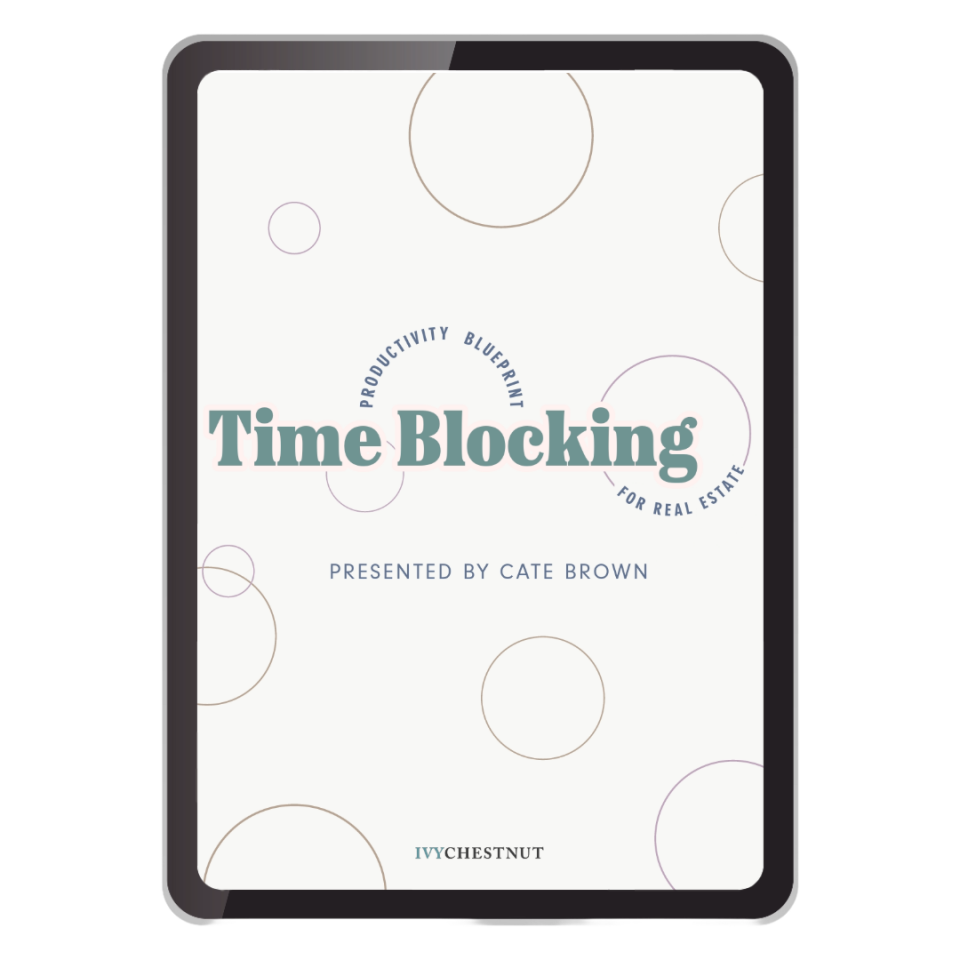Real Estate Tax Planning 2024
Ultimate Agent Guide
By: Cate Brown
Read Time: 3 Minutes

Navigating the complex world of taxes can be daunting, but with the proper guidance and preparation, you can successfully conquer it like a seasoned pro. Whether you're filing your taxes for the first time or have been doing it for years, staying informed about the latest tax laws and regulations is essential to ensure that you're doing everything correctly. By learning about tax deductions and credits, keeping track of your expenses, and seeking professional advice, you can make tax season as smooth as closing a sale on your favorite listing. So, let's dive into the nitty-gritty of taxes and discover the secrets to filing your taxes easily and confidently.
Navigating Real Estate Earnings: Understand the Tax Implications
Your hard-earned commissions aren't just yours to spend freely; as a real estate agent, it is crucial to understand the taxes you must pay on your hard-earned commissions. The following is a breakdown of the different types of taxes that you may need to pay:
- Self-Employment Tax: Since most real estate agents work as independent contractors, they are considered self-employed and responsible for paying the employer and employee portions of Social Security and Medicare taxes. As of 2023, the self-employment tax rate is 15.3% on the first $160,200 combined wages, tips, and net earnings.
- Federal and State Income Tax: The federal and state income tax you owe depends on your tax bracket and location. The federal tax rate ranges from 10% to 37%, depending on your income level. State tax rates vary by state, and some states do not have an income tax. It is important to note that the more you earn, the higher your bracket and the more taxes you will owe.
In conclusion, understanding the different types of taxes that you may need to pay as a real estate agent is crucial. By understanding your tax obligations, you can adequately plan and budget for these costs and avoid any unpleasant surprises come tax season.
Unveiling Tax Deductions & Credits: Make the Most of Them!
Tax season can be discouraging, but you can take advantage of some tax deductions if you're a self-employed professional. Here are some of the most common ones to help you save money:
Home Office Deduction: If you work from home and have a dedicated space for your business, you might be eligible to claim a home office deduction. However, remember that the room is exclusively for work-related activities.
Travel and Vehicle Expenses: If you use your car for business purposes, such as meeting clients or showing properties, keep track of your mileage as it can be deductible. You can also claim expenses related to parking, tolls, and other travel-related costs.
Marketing and Advertising: From business cards to billboards, promotional costs for business expenses are allowable claims. However, it's important to note that costs related to meals and entertainment are only partially deductible.
Continuing Education and Licensing: If you take courses, obtain licenses, or receive certifications to stay at the top of your game, you can claim tax deductions for the expenses. However, remember that the courses must be directly related to your business.

Other Deductibles: There are other expenses that you can claim as business deductions, such as software subscriptions, office supplies, and even your cell phone bill if it's used for business purposes.
Tax Credits: Beyond deductions, there are tax credits – a direct reduction of your tax bill. While they're not as common as deductions, discussing potential credits with a tax professional is worth discussing.
Remember that tax laws can be complicated, and it's always a good idea to consult a tax professional to ensure you're taking advantage of all the tax deductions and credits available.
Forward Planning: Save for Taxes & Collaborate with Professionals
Saving for the Tax Man: Saving for taxes is essential to managing your real estate commissions. Since taxes are not automatically withheld from your payments, you should set 25-30% of your earnings into a separate savings account.
Quarterly Estimated Taxes: If you anticipate to owe at least $1,000 in taxes, the IRS requires you to make quarterly estimated tax payments. This ensures you don't face any tax penalties or interest charges.
The Magic of Tax Professionals: It's always a good idea to hire a tax professional, such as a CPA or tax specialist, who is familiar with the real estate industry. They can help you comply with tax laws, maximize deductions, and minimize tax liabilities.
While taxes might seem like a labyrinth, with proactive planning and a sprinkle of professional advice, you can navigate it like a pro. So, as you soar high in real estate, remember to keep your feet grounded with informed tax planning. Cheers to intelligent financial moves and even smarter real estate deals!







